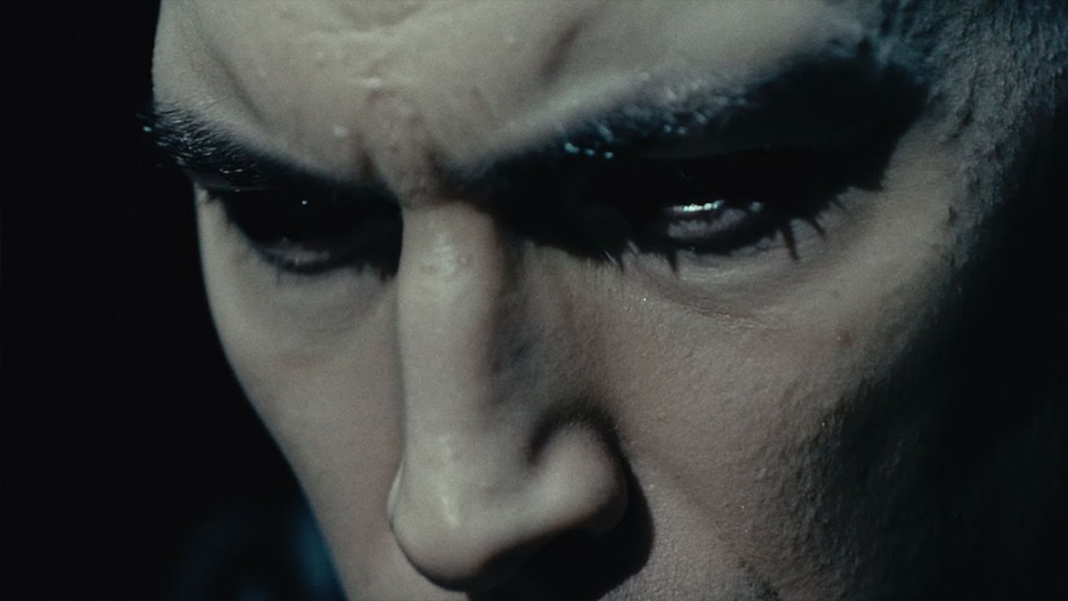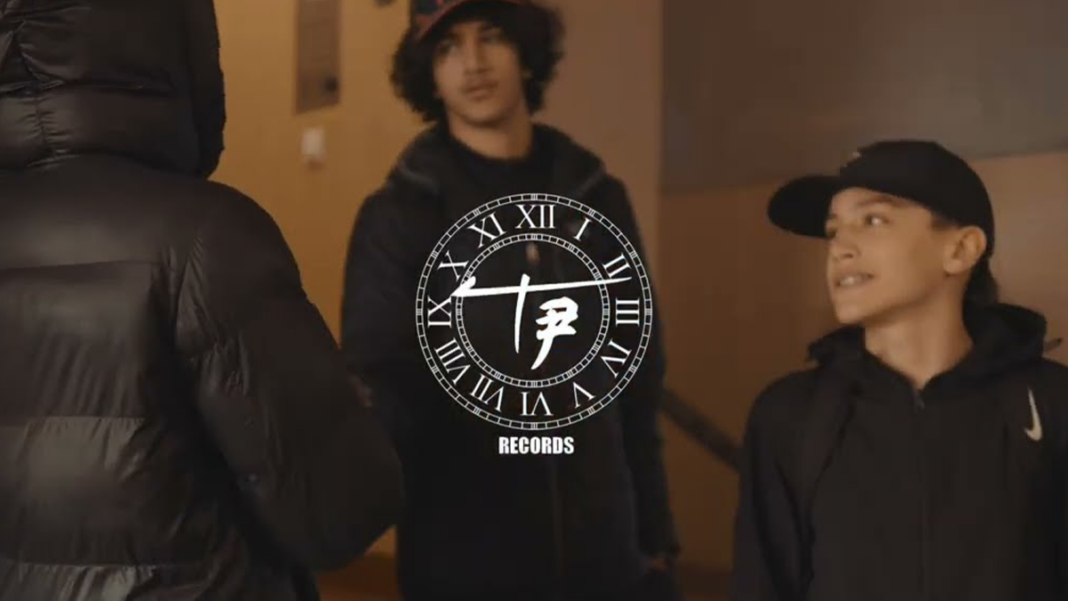At the beginning of his career, Jul was often misunderstood. When he released “Dans ma paranoïa”, with its unique and recognizable style, he quickly found success in the charts. Still, the gatekeepers of French rap—the previous generation—struggled to accept this raï-influenced, danceable and vibrant sound, which had little in common with the piano-and-violin rap of the 1990s. In one of his first interviews on Clique, Mouloud Achour, while sharing a vacation anecdote, described Jul’s music as “sons à la Jul” (“Jul-type tracks”). Fifteen years later, it remains the best way to define this wildly popular style. Adored, misunderstood, sometimes hated—Jul has nevertheless sold more records than any other French rapper in recent history since 2019.
@hell_sinky @juldetp ♬ son original – Hell Sinky
One example of this skepticism toward the Marseille rapper: Akhenaton—one of the most iconic French rappers to date and a founding father of the Marseille scene—admitted in an early Konbini interview that he probably preferred “L’Entourage” over Jul. His aversion to autotune was widely shared among golden age French rappers. Booba, on the other hand, made light of this resistance to a tool introduced to pop music by Cher, saying: “With 0.9, they were all hating, but they all ended up rinsing autotune.” The album “0.9” had modest success at the time, as Booba experimented with autotune, already mainstream in the U.S. back then.
Still, Jul, who has proven countless times on Planète Rap that he can “spit bars”, continued to evolve his sound. That “sons à la Jul” style eventually took on a life of its own. Rappers like Naps followed his path from the start. His style has now spread across Europe. A few years later on Clique, Jul himself said: “I heard my sound all the way in Sweden.” Yes, Jul is the most “bankable” rapper in French rap, because—like the “Deux Frères” of PNL—he invented, pushed, and normalized an entire genre.
The release of “13 Organisé” marked a key milestone in Jul’s career. For the first time since the legendary “Taxi” soundtrack, all of Marseille’s rap scene came together under one flag—except for a few artists who opted out due to ego clashes. More importantly, Jul managed to unite the new generation—rising rookies and established stars like Kofs, Soso Maness, and SCH—with the veterans like IAM and FF, and even the rebel Keny Arkana. For Jul, this wasn’t just an artistic milestone—it was a reconciliation with the founders of Marseille rap. No, Jul didn’t betray the legacy. In fact, he and Akhenaton both appear on the track “Je suis Marseille”. On BFM TV, Akhenaton explained that he agreed to take part under one condition: “no autotune.” Jul accepted—and delivered an outstanding performance.
But do you recognize the melody in “Je suis Marseille”? For Marseille rap heads, it’s an obvious one. The track samples “Marseille La Nuit”, one of the standout songs from the original “Taxi” soundtrack—an album that deserves a vinyl reissue, as it perfectly captures the golden age of Marseille rap. Let’s rewind to that iconic intro by Shurik’n: “Notre Dame veille…”


